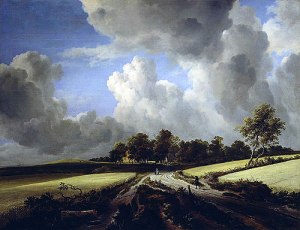Ruddington
Cycling through Ruddington, Nottinghamshire I reflect unemployment can’t be easy for those new people blighted by it. To begin with, the sixteen years since the last slump is a lifetime for a boy just leaving school, daunting at first.
The Slump, sees no colour, no class, no age, no religion, has no prejudices. Imune the young brush aside worry because they are care-free. For the Baby Boomers though the psychological impact is profound akin to falling off a cliff, either clinging on to a slippery branch two thirds down or on a sandbank waiting for the next tide to wash you off and no chance of rescue.
In this new country of idleness, like moving and settling in a strange town, it takes for a while to read the terrain, to learn to survive.
Things procured with little or no money acquire deep value, companions or weapons through a paler landscape hunting for offers, bargains, even dead means shoes.
The shallow attachments of bespoke coffee shop lounges and your own copy of The Times slowly are purged from your body and leave you.
Mind and body tap into the wild life underneath and away from the grimly facile surface world: Like a hunter I ghost through the unwrecked real town.
Volunteer. Volunteering is a free pass to real people, where you may voyeuristically peer in on parallel lives, like entering a upper floor room from a side window, and a foot in the door for interaction (entrenched isolation is the most dangerous aspect of unemployment). Beware of this as it lies at the edge of madness. Always find a talking head to have a dialogue with who isn’t you. Time drags. Try to end the day feeling you are tired from labouring. Conspire with yourself to feel there is not enough time.
‘Oft have I heard of the The Disadvantages of Unemployment, but never the Advantages of Unemployment, ner till now!’
Never stop looking for work, its your civic duty, but if the weather is nice just cycle to your favourite place. Take your time and don’t worry: they can’t hurt you out here in the fields.
Its just that this was the nicest year (weather-wise) since 1960. Tsk, Tsk.

















